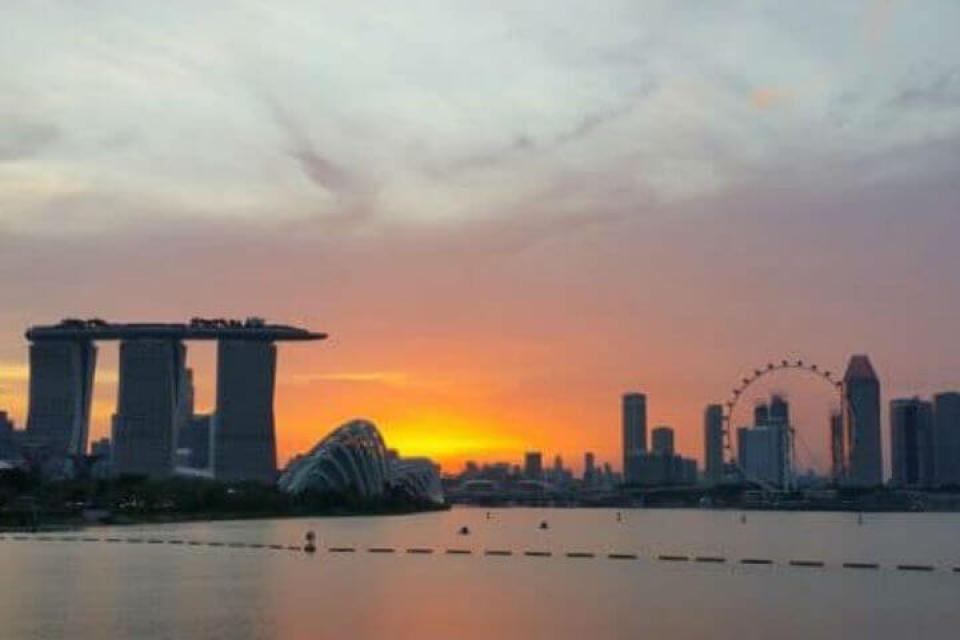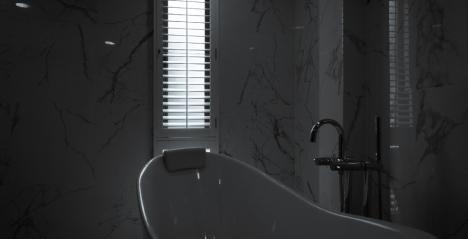Accommodation in Singapore is of a high standard, and is available in a number of shapes and sizes. Prices vary depending on the area or suburb expats consider renting in and the size of the property, while proximity to schools and public transport can also affect costs.
The housing market in Singapore can be divided into public and private sectors, with most locals and Asian expats opting for public (HDB) accommodation.
Unlike many other countries, public units in Singapore aren't associated with lower income groups and there are even luxury options. Most public complexes are situated in self-contained neighbourhoods that afford easy access to public transit, shopping centres and other convenient amenities. Expats are eligible to rent HDB accommodation, but there's limited availability and the ambience might fall below some expats' expectations.
Many foreigners, especially high-earning Westerners, prefer to rent a private apartment, condominium or bungalow. But while some companies might cover rental costs, others these days generally don't.
Given the ups and downs of Singapore accommodation, it's important for expats to ensure their salary is high enough to afford the type of accommodation and lifestyle expenses - such as schooling and a car lease - they want.
Types of accommodation in Singapore
Singapore has a reputation for replacing buildings once they reach 10 years of age with newer marble and glass structures. If they want an older unit with more character, expats might be in for a search.
Both furnished and unfurnished accommodation is available in Singapore, so it's important to decide whether shipping goods from home is necessary.
- Condominiums: Most expats live in condominiums or apartments. These complexes usually offer basic facilities, and some offer a full suite including a pool, gym, playground, tennis and squash courts, and 24-hour security.
- Semi-detached: Typically larger than apartments and usually in a small residential cluster.
- Bungalows: Hard to come by and pricey, but most come with abundant space. The Bukit Timah area is a good place to start the search.
- Shophouses: Stunning historical homes, some of which have received multi-million dollar renovations. Shophouses are clustered around the city, and quite a few are on display in the Emerald Hill area near Orchard Road. If a shophouse has not undergone renovation, expats shouldn't expect conditioning or modern toilet facilities. Note that 'Peranakan-style' is code for unrenovated.
- Black and whites: The ultimate in tropical living. These homes were traditionally built for British officers and are now occupied by wealthy expats or locals who have made it through an exclusive bidding process.
Finding accommodation in Singapore
Estate agents are an essential part of finding property in Singapore. A good agent is a prized possession, and the best way to go about finding one upon arrival is to ask for recommendations from fellow expats.
For many, the search for a property comes every two years, as rents often increase at renewal. Most landlords are foreign owners from Indonesia or Malaysia, so expat tenants may never meet anyone other than their agent.
It's necessary to bargain hard. Expats with a corporate lease, where the company signs and pays for the rental, have more negotiating power than they may expect. Most landlords know expats regularly get relocated in and out of Singapore, so the guarantee of continued rental income with the company's name on the lease is a much sought-after deal. The agent will impress this fact whether the tenant is aware of it or not.
To secure a rental, expats may have to make a good faith deposit, usually about one month's rent, while agreements are finalized. The payment is made by cheque with a one-week expiration date, in case the agreement doesn't end successfully. The amount is later deducted from the security deposit (also usually one month's rent) or the first month of advance rental payment. Leases are generally signed for one or two years in Singapore and utilities are rarely included in the rent.
The hunt for a home will often define where an expat spends most of his or her time, so it's important to get to know an area before and be sure about a property before signing the papers to call it home.
Brought To You By Expat Choice














